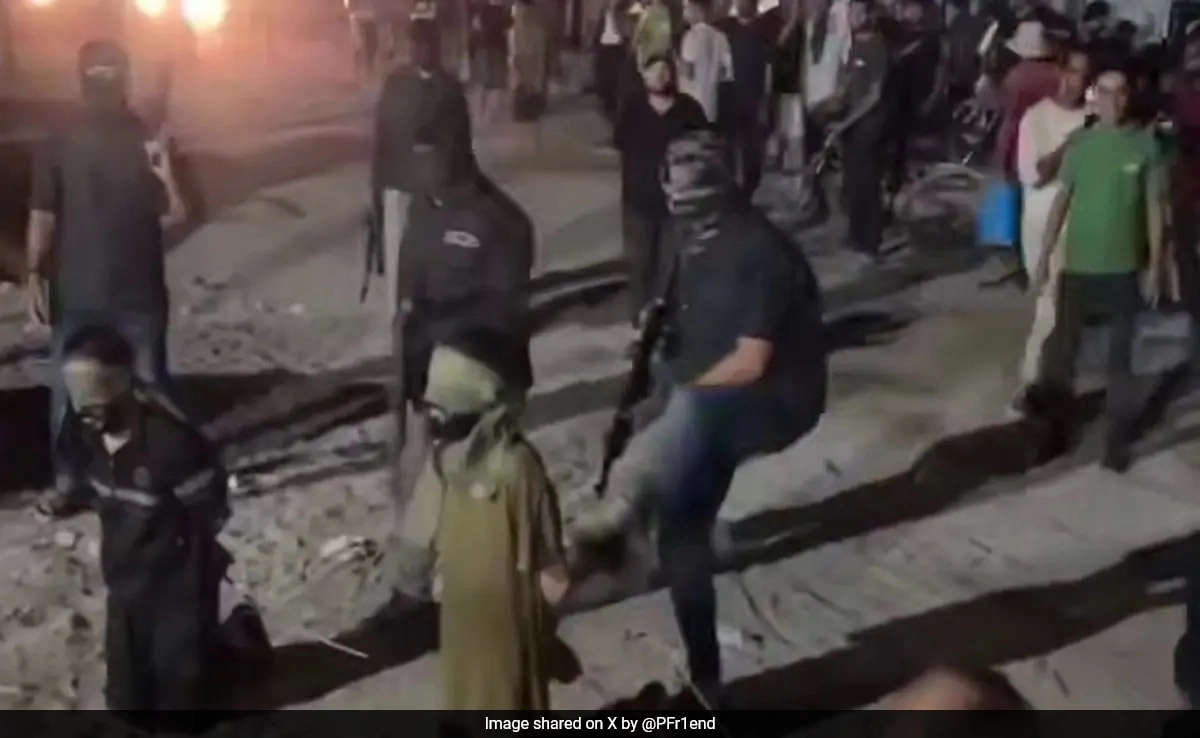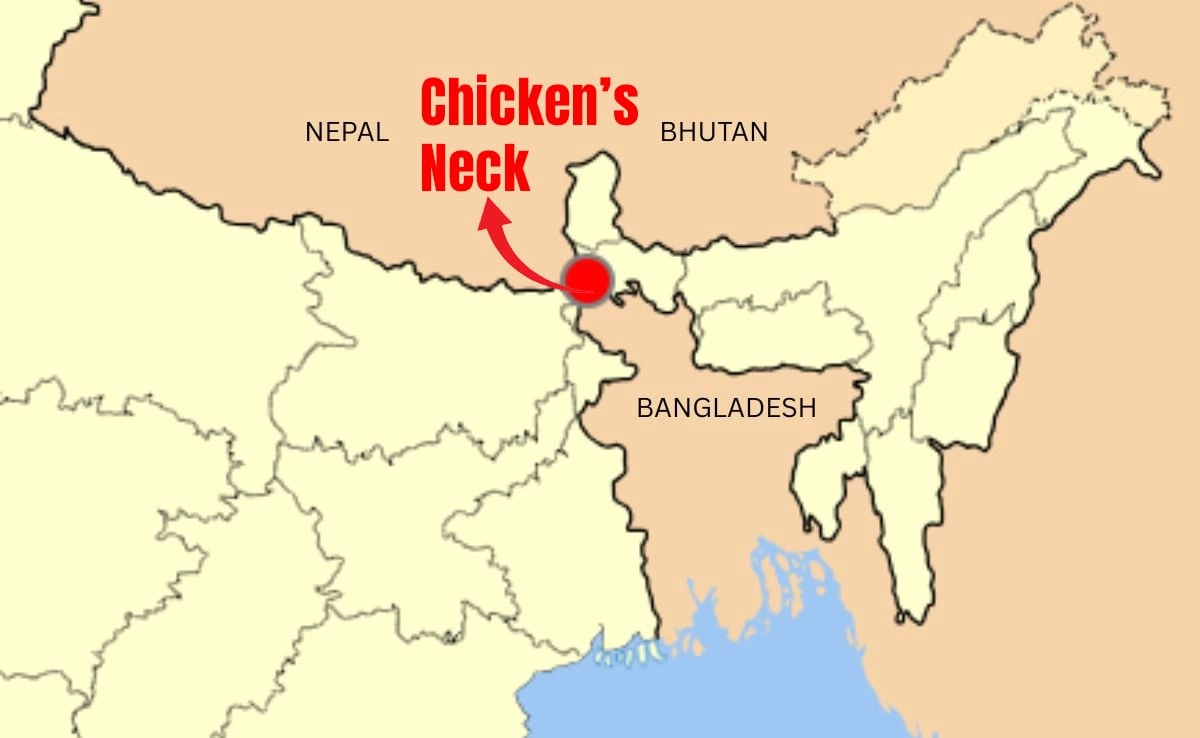In a significant move that has drawn international attention and controversy, the United States recently vetoed a United Nations Security Council resolution that called for an immediate ceasefire in Gaza. This decision came amid escalating violence in the region, which has resulted in a tragic loss of life and widespread humanitarian suffering. The resolution aimed to address the urgent need for a halt to hostilities, allowing for the delivery of essential humanitarian aid to civilians caught in the conflict. However, the U.S. stance highlights its complex diplomatic position and strong alliance with Israel, which has been involved in a prolonged military campaign in Gaza.
The U.S. veto was met with swift condemnation from various member states and human rights organizations, who argued that the ongoing conflict has created a dire humanitarian crisis. Thousands of civilians have been displaced, and critical infrastructure has been severely damaged, exacerbating the already dire conditions for those living in the region. Advocates for the ceasefire emphasized the need for immediate action to protect innocent lives and allow for humanitarian relief efforts to reach those in desperate need. The veto has reignited debates over the U.S.’s role in Middle Eastern politics and its commitment to human rights, raising questions about the balance between strategic alliances and humanitarian obligations.
Critics of the U.S. decision argue that the veto further entrenches the cycle of violence and undermines the credibility of the United Nations as a mediator in international conflicts. They contend that the Security Council’s failure to act decisively in support of a ceasefire sends a troubling message about the international community’s willingness to address humanitarian crises effectively. As the situation in Gaza continues to deteriorate, the impact of the U.S. veto may resonate beyond the immediate conflict, influencing regional stability and the broader geopolitical landscape. The call for a ceasefire reflects a growing recognition of the need for diplomatic solutions that prioritize the protection of civilians and the restoration of peace in the region.
In light of the veto, there are increasing calls from various factions within the international community for a reevaluation of U.S. foreign policy in the Middle East. Many advocates argue that a more balanced approach is necessary, one that holds all parties accountable and prioritizes the humanitarian crisis over political alliances. As the violence continues and the toll on civilians grows, the need for renewed dialogue and a commitment to finding lasting solutions becomes ever more pressing. The U.S. decision to veto the ceasefire resolution underscores the complexities of international diplomacy and the challenges of navigating deeply entrenched conflicts, as the world watches closely to see how this situation will unfold in the coming weeks and months.




